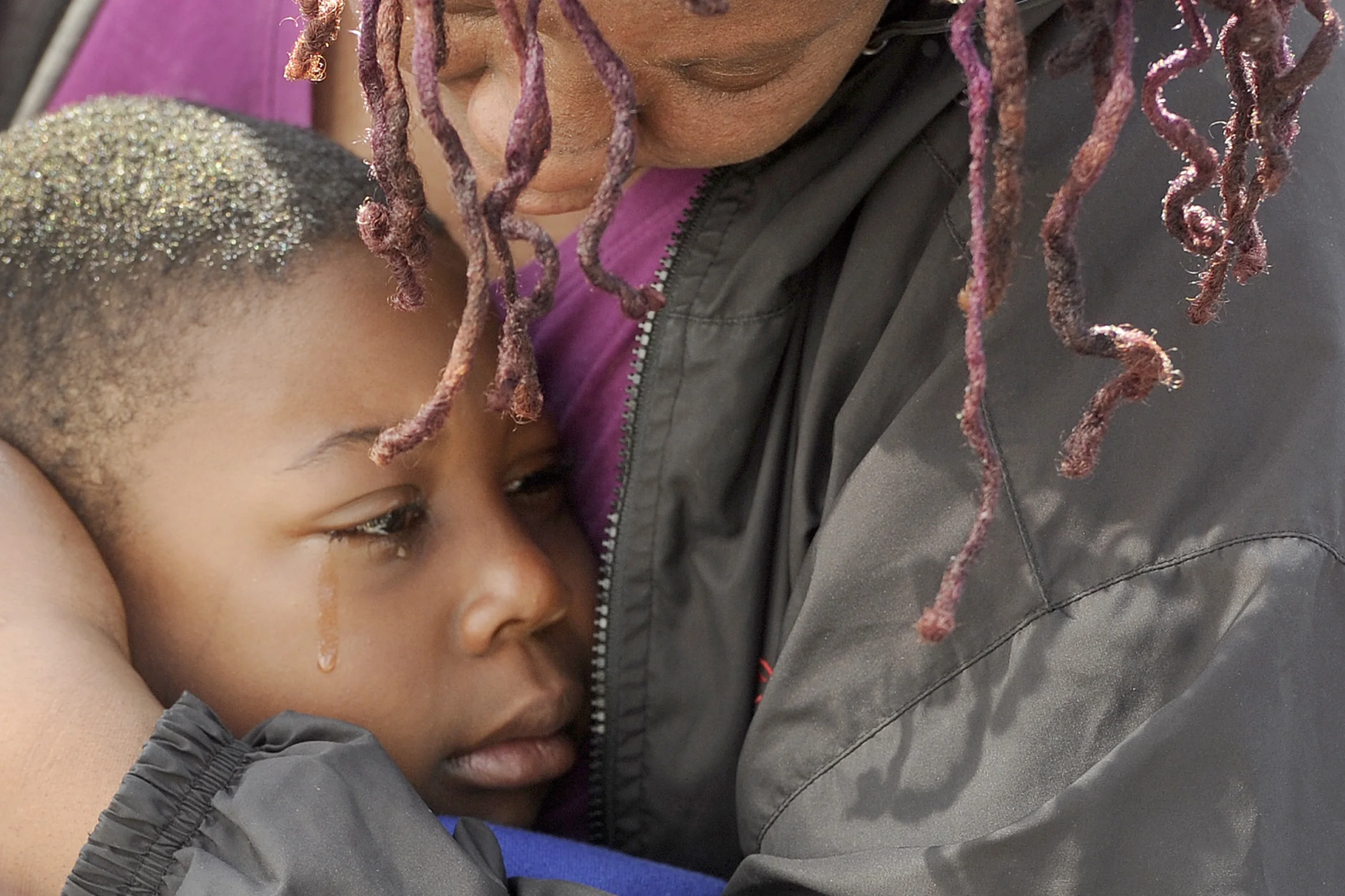
What is trauma journalism?
Trauma journalism defines the professional work of journalists who cover combat, crime and catastrophe.
Trauma journalists risk physical and emotional injury from the violence, conflict and tragedy they cover—whether in written articles, videos or photography—to provide accurate information to the world.
Why The Trust For Trauma Journalism?
While other organizations are operating or funding effective programs that address a small niche, the Trust serves as an umbrella, addressing multiple areas of need both locally and internationally to support and expand their efforts.
Several organizations around the world are dedicated to assisting trauma journalists and their field. Many of them are operating programs: they train journalists to work in combat environments, support journalists and their families when their lives are threatened, provide services for post-traumatic stress, research the effects of trauma work, and improve journalists' efforts to communicate traumatic events.
Others are grantmaking organizations that must limit their gifts to specific recipients or program needs. The Trust, however, does not manage programs or narrow its grantmaking. We serve as an advocate for these operating organizations through financial support, by expanding networks, and by encouraging new ideas to improve the field.
"Every article that I have written that relates to trauma in some way has had its own very challenging moments...you have the entire box of all the horrific details, all of the stuff that defines it as a trauma story...I know all the things that are off the record that were told to me as well."
— Abigail Jones, senior writer, Newsweek

The Challenge
Now, more than ever, trauma journalism needs support.
Dwindling print readership and print advertising sales,
as well as the recession and other economic realities, have forced many news organizations to close bureaus, lay off staffers and scale back funding for training.
Social media has exposed journalists to harassment and threats
by those who believe journalists are biased.
More freelance journalists are traveling to unsafe locations
without the support or oversight of established news publications or agencies.
The rise of the 21st century conflicts and terrorism
has made journalists targets for terrorist groups such as ISIS.
Journalists run toward danger and conflict so they can tell others what is happening,
and they often ignore how covering such stories can affect them and their families.
Our Response
Now a 501(c)(3) public charity, the Trust was first established as a project of the Cornerstone Foundation in 2015, through the philanthropic vision of Cornerstone managing director, Richard McLellan, and psychiatrist Frank Ochberg, M.D., a pioneer in PTSD treatment, trauma science and forensic psychiatry, to address the needs of trauma journalists. Your donation supports:
Existing service organizations
so they can reach more journalists in war zones, suffering urban centers and other areas of high need.
Collaboration among organizations in training trauma journalists
inspiring self-help and peer support, and establishing networks of colleagues.
Multi-year support
to bolster organizational capacity and to give organizations time to achieve their strategic goals, establish measurable program effectiveness, and leverage support from others.
Evaluation of our work
measuring changes in journalists’ morale, confidence, trauma knowledge and vicarious traumatization.



